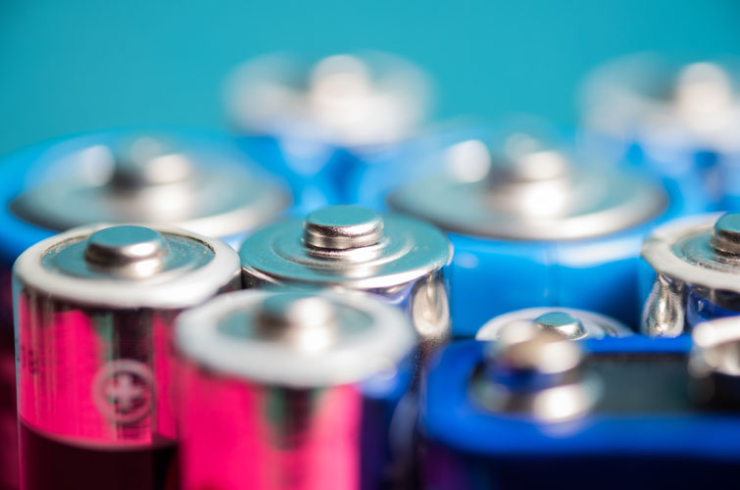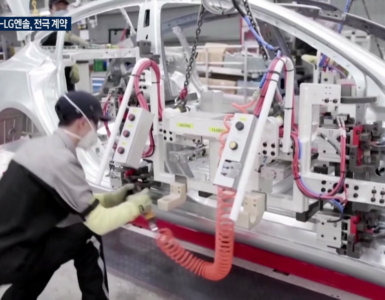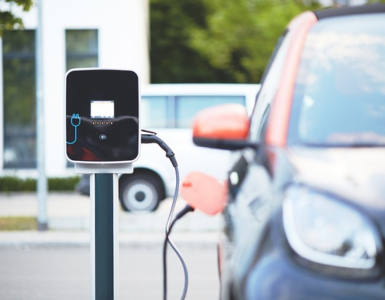Germany Digital Battery Pass – Batteries in the EU must be as sustainable as possible – from production to recycling.
Digital battery passport to ensure transparency and sustainability in the battery value chain.
The Federal Ministry of Economics and Climate Protection (BMWK) is funding the development of a digital product passport for batteries for the first time. This bundles all relevant information along the entire life cycle: from raw material extraction to recycling.
The funding decision from the funding measure for the “battery ecosystem” comprises a total of 8.2 million euros. The sum will go to a consortium led by Systemiq Deutschland GmbH.
🔥 What about we co-host a webinar? Let's educate, captivate, and convert the battery economy!
Batteries News is the global go-to online magazine for the battery industry, we can help you host impactful webinars that become a global reference on your topic and are an evergreen source of leads. Click here to request more details
Employee project partners are Volkswagen AG, BMW AG, Umicore AG & Co. KG, BASF AG, Fraunhofer IPK, acatech e.V., Circulor GmbH, FIWARE Foundation, TWAICE Technologies and VDE Renewables GmbH .
The Battery Pass is the first Digital Product Pass to be introduced at European level. In the future, further products will be equipped with it in order to guarantee data exchange in the supply and value chain and compliance with environmental and social standards.
Michael Kellner, Parliamentary State Secretary at the BMWK:
European battery production can only be successful if it focuses on sustainability in as many areas as possible.
“Sustainable batteries, in turn, are crucial for a successful energy and transport transition that is based on high environmental and social standards.”
“With the digital battery passport, we are getting a big step closer to these goals: it bundles important data such as the climate footprint or information on the extraction of raw materials, which can be easily exchanged among economic operators. It is also easy to see how batteries can be repaired and recycled.”
In the BMWK-funded “Battery Pass” project, cross-content and technical value chain standards for a battery passport are being drafted and implemented in a pilot project.
Thanks for staying up to date with batteriesnews.com. The battery pass supports the sustainable and circular management of traction batteries of electric vehicles by providing a digital infrastructure for documentation and the exchange of basic information and technical data.
In particular, data that comprehensively describes the sustainability and responsibility of the supply chain should be documented in the battery passport.
The consortium project thus supports the sustainable transition to low-carbon mobility and energy storage, as well as the reduction of raw material dependency, among other things through the data logistical support of reuse and recycling of batteries, as well as the observance of human rights along the value chain.
The developed battery passport and the associated data infrastructure also significantly promote the responsible operational and economic use of this data.
The consortium partners cover the entire value chain. An institutionalized cooperation with the Global Battery Alliance (GBA) will also guarantee global compatibility and successful exploitation.
The aim is for the battery passport to meet the requirements of the upcoming EU battery regulation (which is currently still being agreed in the European trilogue procedure), which will become mandatory from 2026 for all newly purchased batteries in vehicles, stationary storage systems and larger industrial batteries in Germany and Europe.
Among other things, it stipulates that the CO2 footprint of batteries for electric vehicles (traction batteries) and industrial batteries will be reported and that this will be gradually reduced further and further.
From 2031, additional recyclate quotas will apply to large traction and industrial batteries. This means that a certain minimum amount of lead, cobalt, lithium and nickel must be used in the new production of batteries.
READ the latest Batteries News shaping the battery market
Parliamentary State Secretary Kellner: “Batteries must be as sustainable as possible in the EU – from production to recycling”, April 25, 2022









1 comment